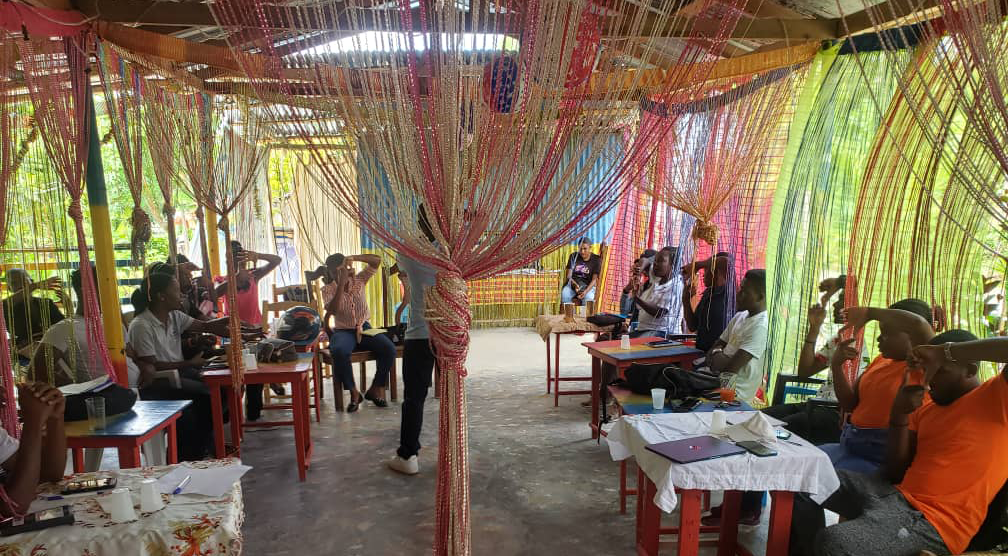
Emerging in the 1990s with the rise of the internet, social media took nearly three decades to reach their current significance in Haiti. In 2020, DIGITAL 2020 HAITI estimated that there were 2 million users on the territory (out of 3.68 million inhabitants connected to the internet). Considerably facilitating communication, social media has infiltrated all aspects of personal and professional life. However, their use raises questions about their effect on youth engagement in promoting peace.
Indeed, inappropriate use of social media can divert young people’s attention from development issues and lead to harmful consequences. Many young Haitians use social media for entertainment rather than positively contributing to society. Social media thus becomes an escape from personal and social problems.
These platforms are also the stage for harassment, misinformation, and other behaviors that are detrimental to the identity and development of young people. In the context of political instability, gangs promote themselves by posting disturbing, extremely violent images. The monetization and popularity of sexually suggestive content promote body exposure and loss of self-image control, particularly among young girls.
To tackle these issues, training in social media is essential to enable young people to use them responsibly. In this context, CRESFED, a local association working for civic education, developed the project titled “A Strengthened Haitian Civil Society to Lay the Foundations for Citizen Participation and Inclusion” with Eirene Suisse. This project aims to provide participants with the keys to constructive use of social media, allowing them to become actors in promoting peace in Haiti.
As part of the project, six CRESFED officials and nearly sixty young people were trained in using social media as a tool for social reinforcement. Mainly active in WhatsApp groups related to the project and on CRESFED’s Facebook page, the participants spread knowledge on citizenship and participatory democracy. Thanks to this training, they learned how to promote peace and encourage citizen participation in their region.
On another occasion, during the COVID-19 pandemic, young people engaged in CRESFED’s “Youth and Citizenship” project (supported by Eirene Suisse) could use social media to continue sharing knowledge and maintaining community ties. These platforms also helped broaden horizons by connecting users from different regions of the world and promoting local peace projects internationally. Thus, despite their potential pitfalls, social media are a powerful levers for promoting peace when used responsibly and strategically.